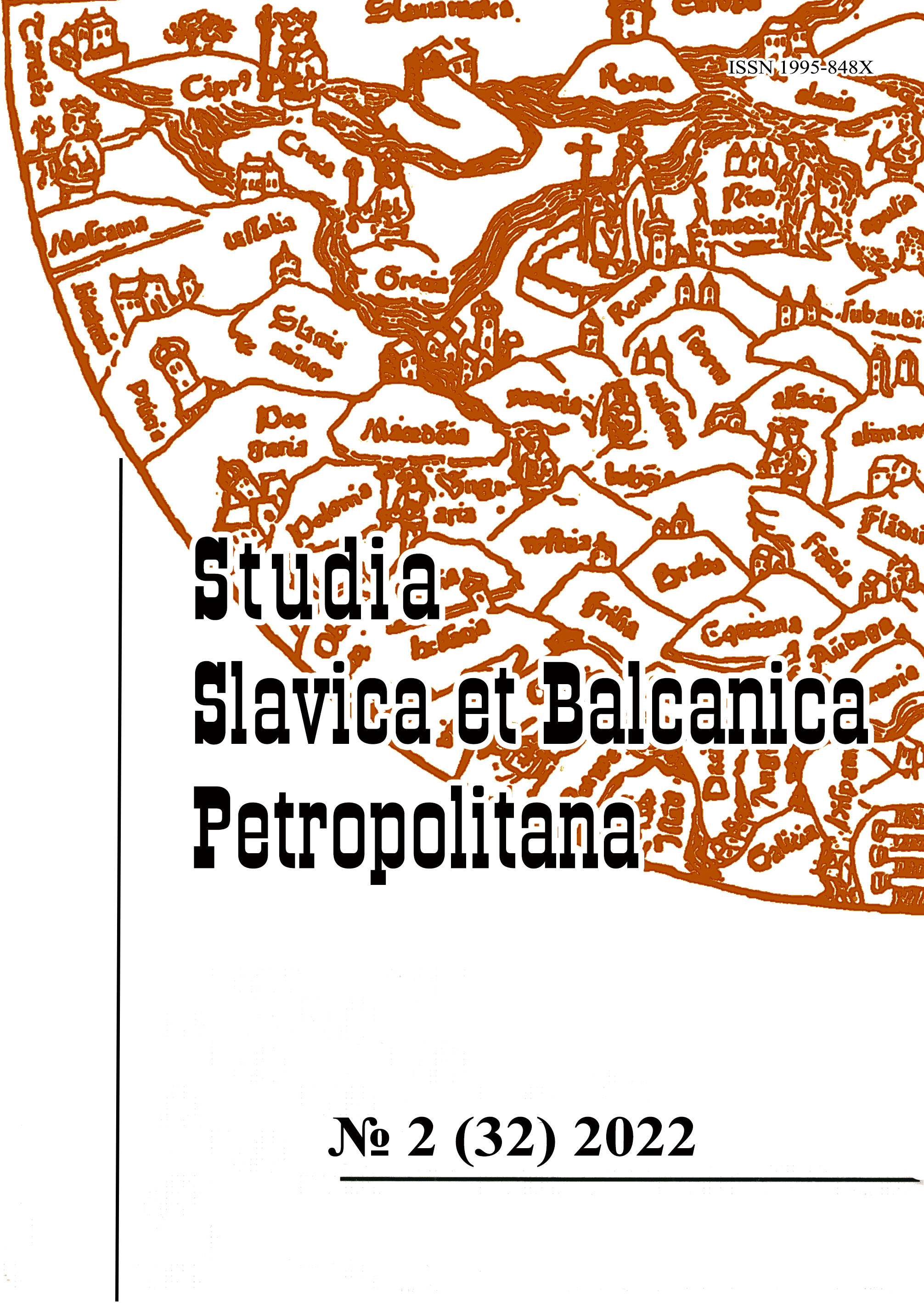Новаторское исследование истории становления белорусского и украинского языков
An innovative study of the history of the formation of the Belarusian and Ukrainian languages
Author(s): Kirill Shevchenko, Oleg Gennadyevich KazakSubject(s): Language and Literature Studies, Cultural history, Eastern Slavic Languages, Philology
Published by: Издательство Исторического факультета СПбГУ
Keywords: Belarusian language; Ukrainian language; educational policy; Polish influence; assimilation;
Summary/Abstract: The article is a review the book «“Native Word”. Belarusian and Ukrainian languages at school (Essays on the history of mass education in the middle of the 19th – the middle of the 20th century)». The collection of essays is devoted to the organization of education in the Belarusian and Ukrainian lands, which during the mid-19th – mid-20th centuries were part of various state formations (Russian Empire, Austria-Hungary, USSR, Poland). The authors of the essays (historians and philologists from Russia, Belarus, Ukraine) consider the national and cultural policy of the authorities towards Belarusians and Ukrainians from new theoretical and methodological positions. Scientists note that specific manifestations of educational policy depended on a complex set of interrelated factors (the representation of power and intellectual elites about the ethnic population; the need to combat unwanted cultural influences (for example, with Polish influence in the Belarusian provinces of the Russian Empire); the activity of representatives of the Belarusian and Ukrainian national movements; the reaction of Belarusian and Ukrainian inhabitance to educational practices). Most of the articles are distinguished by a high scientific level and have a solid source base. Many materials and archival documents are introduced into scientific circulation for the first time. At the same time, the reviewers identified points that could be improved in the future editions of the book. For example, they note a simplified understanding by scientists of the influence of the ideology of Western Russianness (Zapadnorusizm) and the ethno-confessional character of the inhabitants of the Belarusian provinces of the Russian Empire. They pay attention to the lack of analysis of the activities of representatives of the Russophile trend in the national and cultural life of Galicia, insufficient attention to the study of the attitude towards activities in the educational sphere of the population of the Russian-Belarusian and Russian-Ukrainian borderlands during the period of Soviet indigenization (Korenizatsiya). The articles in the book under review can give impetus to further research into various aspects of the national and cultural life of the peoples of Eastern Europe.
Journal: Петербургские славянские и балканские исследования
- Issue Year: 2022
- Issue No: 2 (32)
- Page Range: 228-235
- Page Count: 8
- Language: Russian

